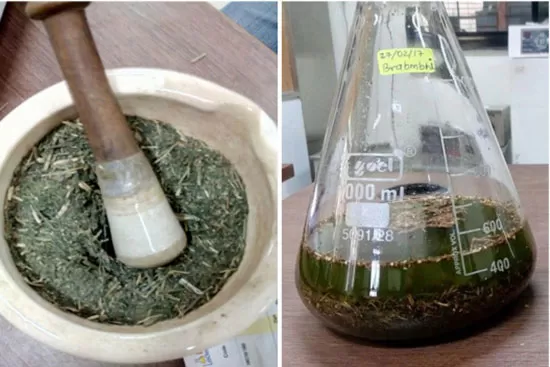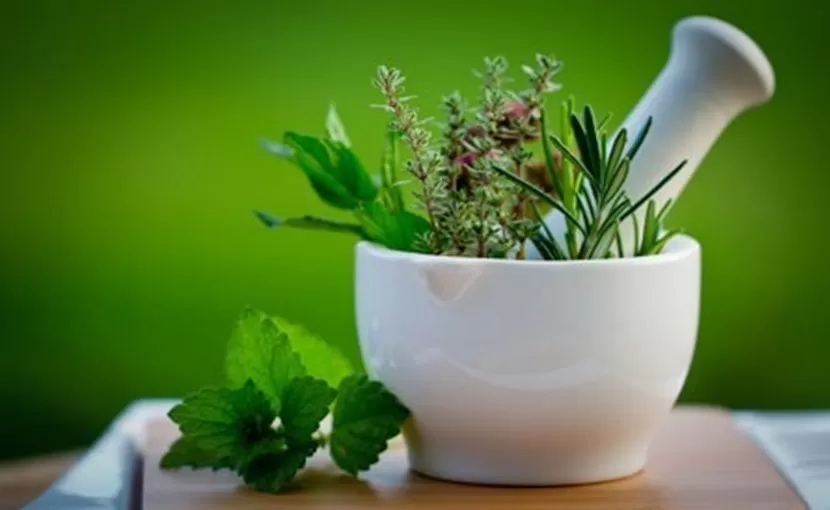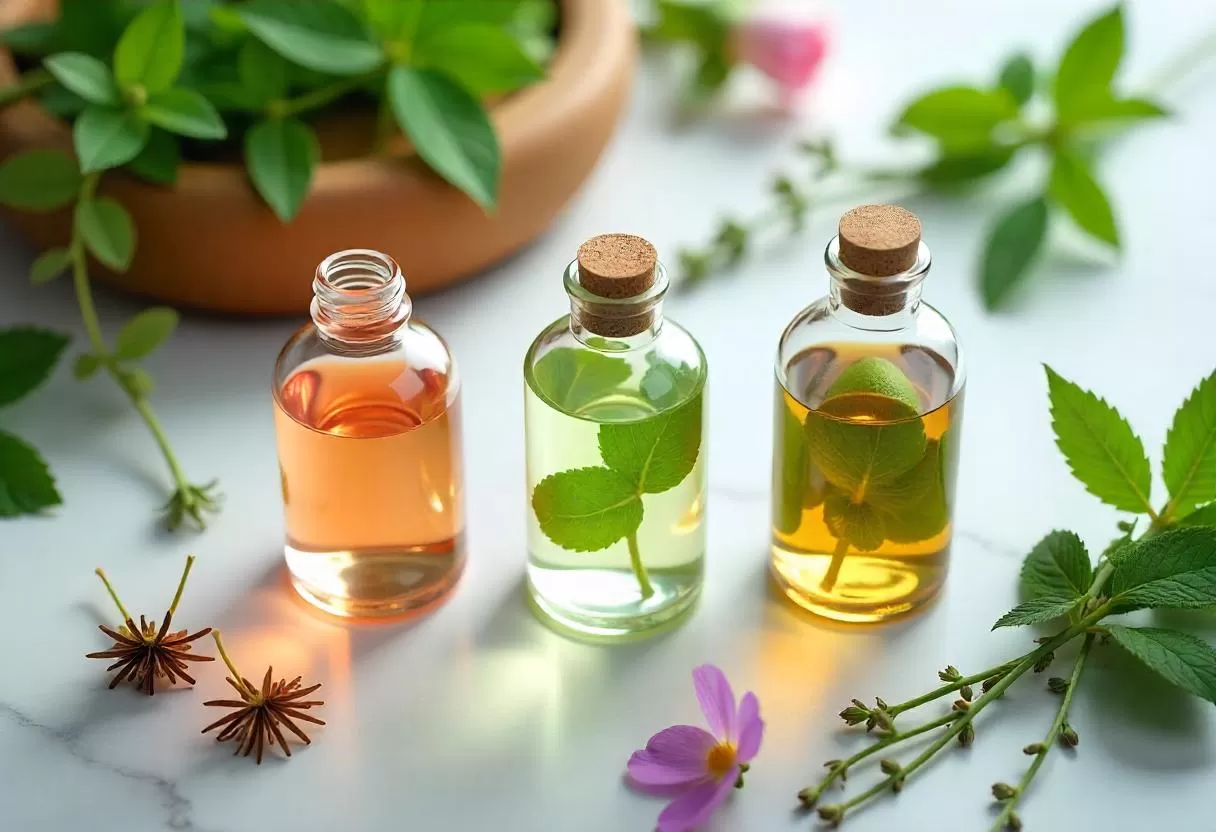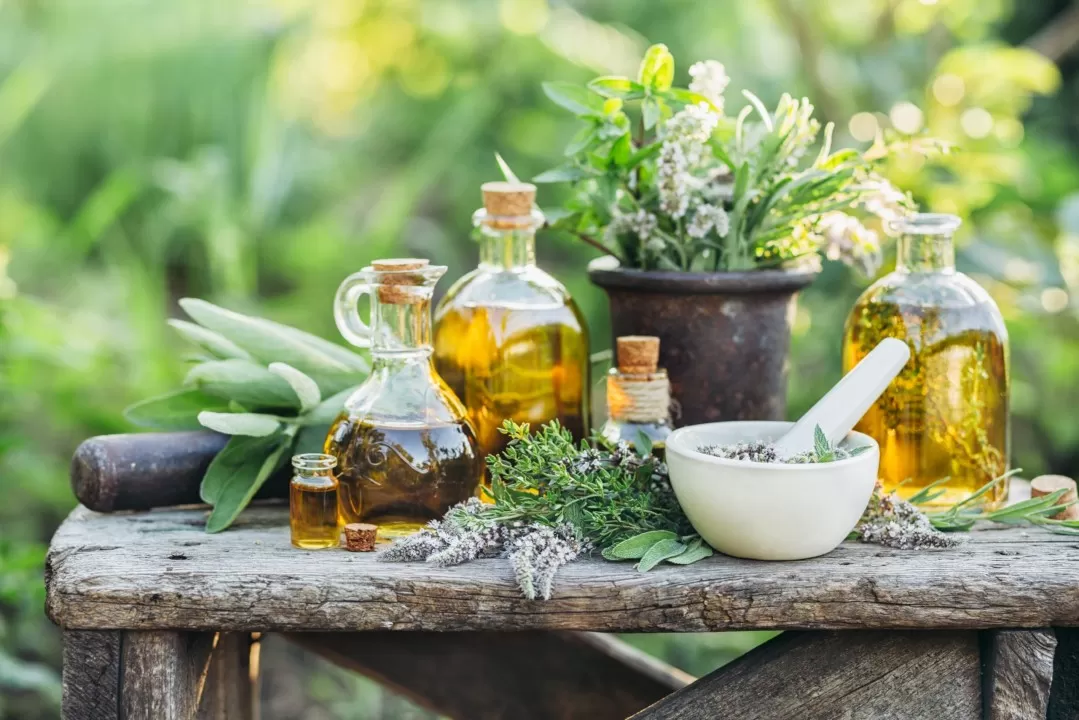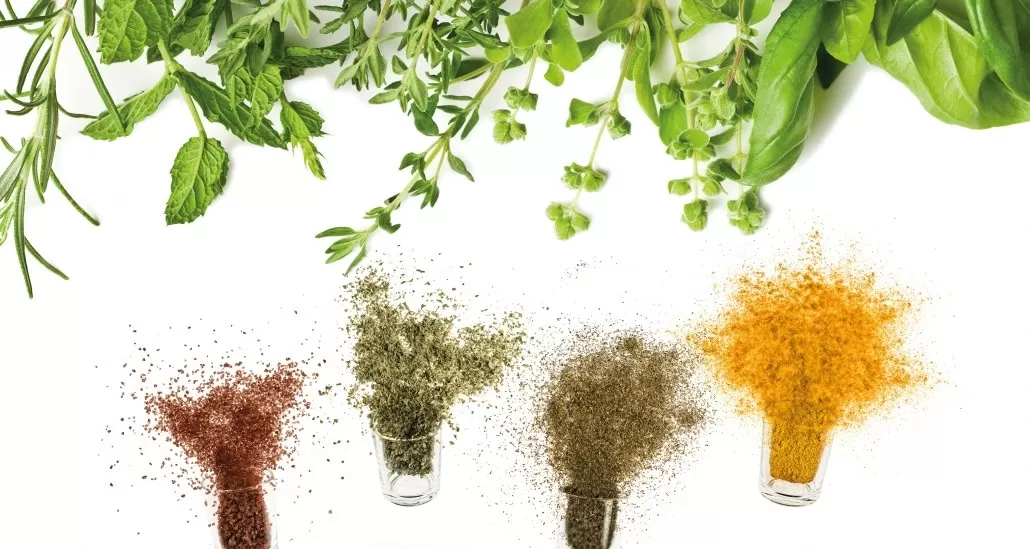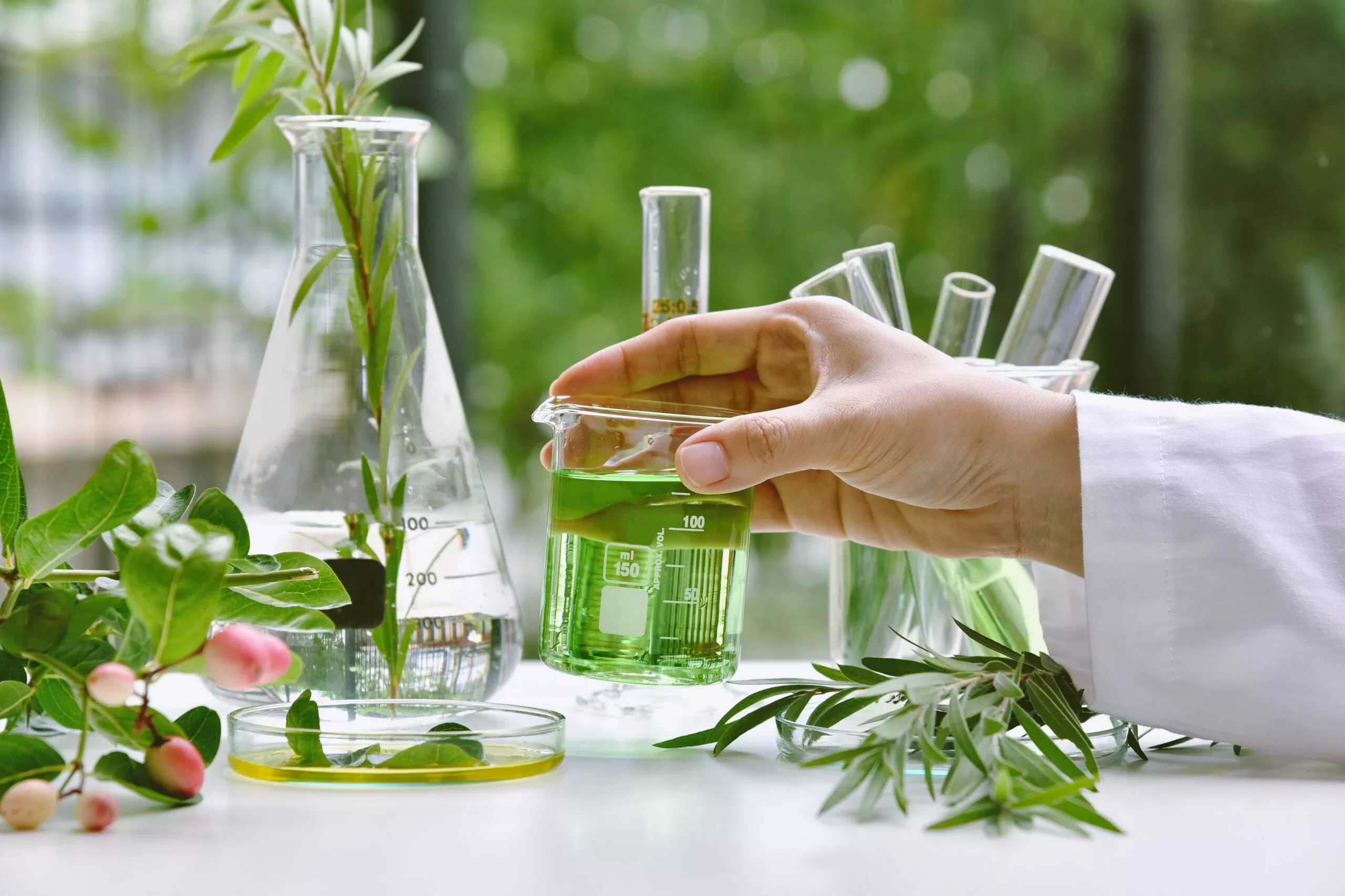- 0086-571-85302990
- sales@greenskybio.com
Evaluating Extracts and Oils: Which Is Better for Health and Wellness?
2025-04-13
In the realm of natural remedies and skincare, the debate between extracts and oils is prevalent, as both offer unique benefits and applications. Whether discussing essential oils, herbal extracts, or plant-based tinctures, understanding the distinctions, advantages, and potential drawbacks of each can guide consumers and professionals toward more informed choices. This article explores whether extracts are better than oils, considering their uses, benefits, and how to optimize their application for health and wellness.
Understanding Extracts and Oils
To evaluate whether extracts are superior to oils, it is crucial to define each term accurately. Extracts are concentrated substances typically derived from plants, herbs, or other natural sources, using solvents such as alcohol, water, or glycerin. These extracts capture the active ingredients and therapeutic properties of the plant material, making them potent and effective for various uses, especially in herbal medicine and skincare formulations.
Oils, particularly essential oils, are hydrophobic liquids containing volatile aroma compounds from plants. These oils are obtained through processes like distillation or cold pressing. Essential oils are renowned for their aromatic properties and are widely used in aromatherapy, skincare, and holistic health practices. Carrier oils, on the other hand, are plant-derived oils used to dilute essential oils and serve as a base for various formulations, offering rich nutrient profiles themselves.
Comparative Benefits: Extracts vs. Oils
When deciding between extracts and oils, consider their comparative benefits across different domains:
1. Potency and Therapeutic Effects
Extracts often deliver higher concentrations of active ingredients because they are made to focus on specific components within a plant. This makes extracts particularly beneficial for herbal medicine, where targeted therapeutic effects are desired. For example, herbal extracts like echinacea or elderberry are used for their immune-supporting properties, harnessing the full spectrum of beneficial compounds.
Essential oils are praised for their concentrated, aromatic qualities, providing therapeutic effects primarily through inhalation or topical application. Oils such as lavender and tea tree oil are noted for their calming and antimicrobial properties, respectively. While oils offer potent effects in smaller quantities, their applications can be limited compared to extracts.
2. Versatility and Applications
Extracts have wide-ranging applications in dietary supplements, topical skincare products, and culinary uses. As they can be more easily ingested, extracts are suitable for internal applications, making them versatile for both oral and topical needs. For instance, vanilla extract is used extensively in culinary environments to impart flavor, while turmeric extract is valued for its anti-inflammatory properties.
Oils are extremely versatile within the realm of skincare and aromatherapy. Essential oils can be used in diffusers to improve ambiance and spiritual wellness or added to carrier oils for topical applications. They are less commonly ingested due to their potency. However, they offer considerable flexibility in crafting customized fragrances and care products.
3. Safety Profile and Usability
Regarding safety, both extracts and oils need careful usage to avoid adverse reactions. Extracts, when used appropriately, are typically safe for both internal and external use. However, the method of extraction and concentration of compounds must be considered to avoid potential allergic reactions or interactions with medications.
Essential oils, due to their high potency, carry a higher risk of sensitivity reactions or toxicity, particularly when used undiluted or ingested improperly. Understanding the proper dilution rates and usage guidelines is paramount to ensure safety, especially in direct skin contact.
Considerations for Choosing Extracts or Oils
Ultimately, whether extracts are better than oils depends on the specific application and desired outcome. Here are considerations for selecting between extracts and oils:
1. Purpose and Desired Effect
Determine the purpose of use—therapeutic, cosmetic, or culinary—and the desired effect. For issues requiring internal supplementation, extracts may be preferred. Essential oils might be better for mood enhancement or topical applications, bypassing ingestion considerations.
2. Method of Application
Consider the method of application. Extracts offer greater flexibility in dosage control and oral consumption, while oils excel in aromatherapy and topical uses, leveraging their aromatic profiles.
3. Personal Preference and Sensitivity
Personal preference in scent, ease of use, and sensitivity should guide the decision. Individuals with sensitive skin might opt for extracts with fewer fragrances, while those who appreciate aromatic experiences might prefer essential oils.
Conclusion: Tailoring Your Choice for Optimal Outcomes
In the debate between extracts and oils, the superiority of one over the other depends largely on the context and intended use. Both offer unique advantages and can complement each other when used strategically. Whether choosing extracts for their potent internal benefits or oils for their aromatic and skin-enhancing properties, users should prioritize quality, safety, and personal needs.
Moreover, considering efficacy and safety guidelines ensures an informed approach to utilizing these natural substances, ultimately leading to healthier, personalized wellness experiences. As consumers continue to seek holistic remedies, the dynamic interplay between extracts and oils will remain a critical reflection of individual health goals and lifestyle choices.
- ▶ Hesperidin
- ▶ citrus bioflavonoids
- ▶ plant extract
- ▶ lycopene
- ▶ Diosmin
- ▶ Grape seed extract
- ▶ Sea buckthorn Juice Powder
- ▶ Beetroot powder
- ▶ Hops Extract
- ▶ Artichoke Extract
- ▶ Reishi mushroom extract
- ▶ Astaxanthin
- ▶ Green Tea Extract
- ▶ Curcumin Extract
- ▶ Horse Chestnut Extract
- ▶ Other Problems
- ▶ Boswellia Serrata Extract
- ▶ Resveratrol Extract
- ▶ Marigold Extract
- ▶ Grape Leaf Extract
- ▶ blog3
- ▶ blog4
- ▶ blog5
-
What are extracts made of?
2025-04-13
-
Extract Usage: A Comprehensive Guide
2025-04-13
-
Are plant extracts good for you?
2025-04-13
-
What are plant-based extracts?
2025-04-13
-
What Is a Plant Extract? A Deep Dive
2025-04-13
-
Acerola Juice Powder
2025-04-13
-
Europen Bilberry Extract
2025-04-13
-
Mulberry Extract
2025-04-13
-
Hericium erinaceus extract powder
2025-04-13
-
Sea buckthorn oil
2025-04-13
-
Troxerutin
2025-04-13
-
Citrus bioflavonoids
2025-04-13
-
Ivy Extract
2025-04-13
-
Berberis aristata Extract
2025-04-13
-
Echinacea Extract
2025-04-13











